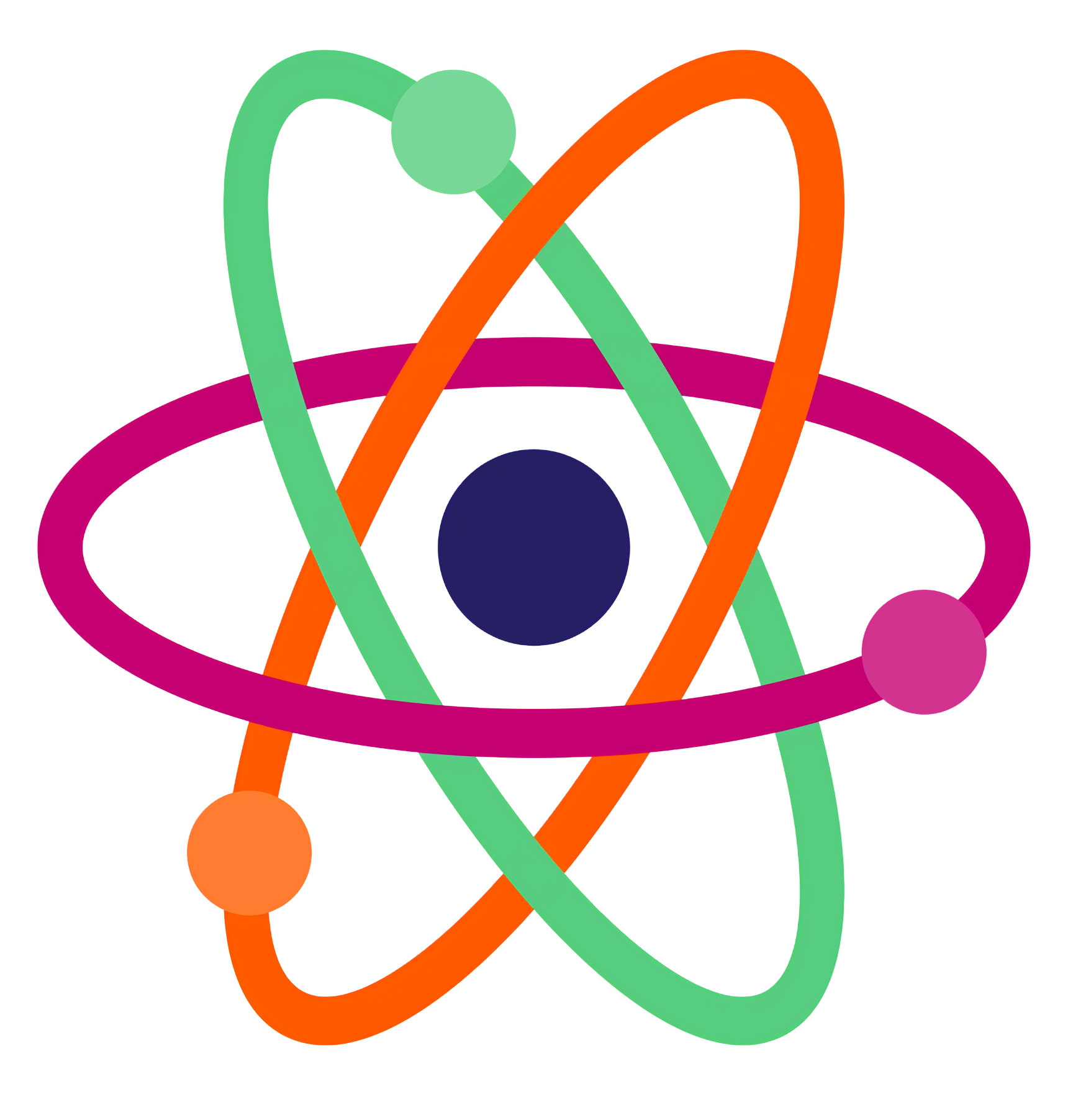Vocabulary
What is Science?
Science is like a magic key that helps us unlock the secrets of the world around us. It is a way of learning about everything in nature—plants, animals, water, air, stars, and even our own bodies! For Class 4 students, science is all about asking questions like “Why do birds fly?” or “How does a seed grow into a plant?” and finding answers by observing, exploring, and experimenting.
Science is Curiosity
Imagine you see a rainbow in the sky after the rain. You might wonder, “Why does a rainbow have so many colors?” Science starts with curiosity—wanting to know why and how things happen. When you ask questions about the world, you are already thinking like a scientist! For example, in your Class 4 book Looking Around, you learn about honeybees and how they make honey. That’s science because it helps you understand how bees work together and why they are important.
Science is Observing
Scientists use their eyes, ears, and other senses to notice things carefully. For instance, when you watch a plant grow in your garden, you might see how its leaves get bigger or how it needs water and sunlight. In your lessons about “Basva’s Farm,” you learn how farmers observe the soil and weather to grow crops. Observing helps us collect information about the world, like noticing how a river flows or how birds build nests.
Science is Experimenting
Sometimes, just watching isn’t enough. Scientists do experiments to test their ideas. For example, if you want to know what happens to a seed without water, you can plant two seeds—one with water and one without—and see the difference. Experiments are like fun games where you try things out to find answers. In your chapter “A River’s Tale,” you learn about clean and dirty water. Scientists might test water to find out what makes it dirty and how to clean it.
Science is Learning About Nature
Science helps us understand the wonders of nature. It teaches us about animals, like how elephants live in groups, or about plants, like how they make food using sunlight. In your book, chapters like “Ear to Ear” and “A Busy Month” show how animals have special features, like different ears or nests, to survive. Science also explains things like why the seasons change or why water is so important for life, as you read in “A River’s Tale.”
Science is Solving Problems
Science isn’t just about learning; it’s also about making life better. When scientists determine the causes of water pollution, they can suggest ways to keep rivers clean. When they study plants, they help farmers grow more food. In “Taking Charge of Waste” from Class 3’s Our Wondrous World, you learned how to sort waste to keep the environment clean. That’s science helping us solve problems!
Science is Everywhere
Science is not just in books or classrooms—it’s all around you! When you mix ingredients to cook food, you’re using science because cooking changes the food (like in “Food and Fun”). When you ride a bicycle, science explains how the wheels move. Even when you look at the stars at night, science tells us they are faraway suns in space.
Why is Science Important?
Science helps us take care of our world. It teaches us to save water, protect animals, and keep our air clean. For Class 4 students, science is exciting because it makes you a part of discovering new things. By learning science, you can grow up to be a doctor, an engineer, a teacher, or even an astronaut!
Be a Scientist!
You don’t need a big laboratory to be a scientist. Start by asking questions about things you see every day. Watch how ants march in a line, try growing a plant, or notice how the weather changes. Write down what you find, draw pictures, or talk about it with your friends and teachers. Every small discovery you make is a step into the amazing world of science!
Science is like an adventure that never ends. So, keep exploring, keep asking “Why?”, and let science show you how wonderful our world is!
